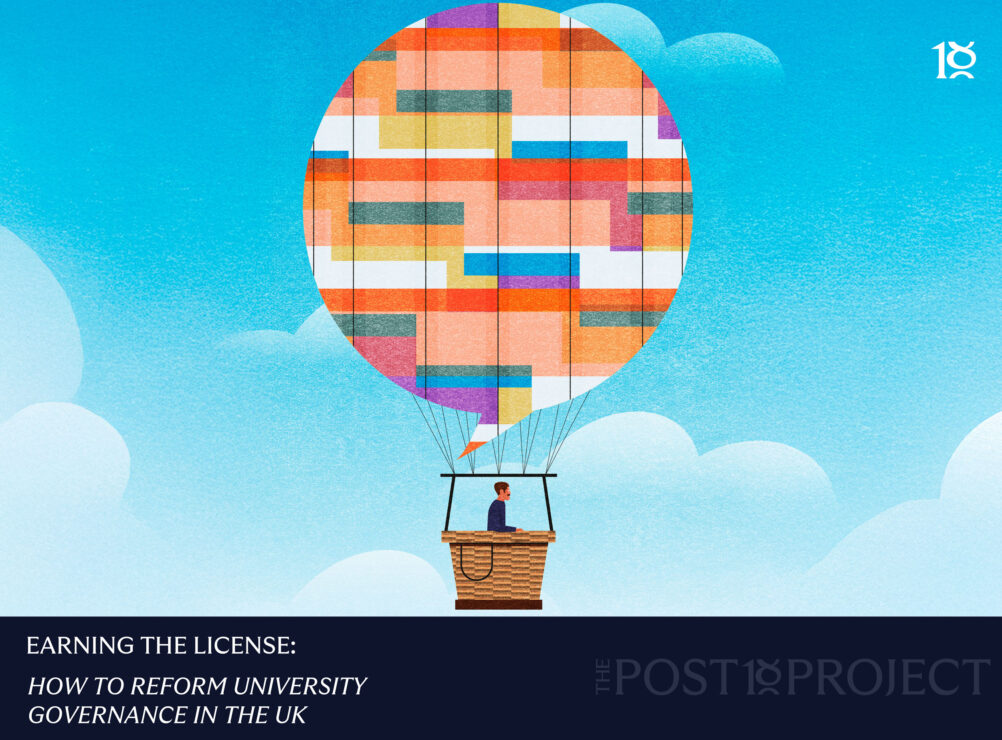With the world – and the way we all operate – changing more regularly than ever, we all keep hearing that dreaded phrase, “the new normal”.
Traditional ways of working have been consigned to history, already planned change has been accelerated and, in other areas, it has driven innovation and new ways of thinking. But what will suffer as a result of these new ways?
One significant area that will suffer in the short term is the labour market. So many sectors have been hit hard, and indicators are already showing that it could take 12-18 months to bounce back. The graduate labour market has taken a big knock too, with the Institute of Student Employers (ISE) and AGCAS producing data that shows that 23% of employers are reducing recruitment, with on average a 12% reduction in graduate hires.
This issue deepens further to 32% for apprentices and to 40% for interns and placement students, meaning crucial work experience will be scarce and more competitive than ever. Uncertainty dominates as 40% of employers say plans moving forward are unclear, with many SMEs experiencing huge challenges just to keep their businesses afloat.
If there is any glimmer of light, it’s that the graduate labour market often outperforms the rest of the labour market.
Miss it miss out
For the higher education sector itself (which is interestingly the third largest recruiter of graduates) flexibility and planning are high on the agenda. The traditional model of face-to-face lectures has been questioned for some time across the sector with lecture capture becoming more and more common to allow students to catch up on anything missed and recall lectures at a later stage. So, if students get all their academic content for 2020-21 from the comfort of their own homes, what will they potentially miss out on?
As a Head of Careers that has come via the employer engagement route, I know too well the importance of Emotional Intelligence (EI) to graduate recruiters. EI is the ability to understand and manage your own emotions, and those of the people around you – and having strong EI means knowing what you are feeling, what these emotions mean and how these emotions can affect other people.
We develop our emotional intelligence all the time, by the changing world around us. Each different situation and scenario we encounter is an opportunity for us to learn about ourselves and from the others around us, who will of course react differently.
University is so much more than learning an academic subject. Each individual journey in higher education is different and there is so much we can learn, including how to live independently, working with others who think differently to us, how to influence others and how to articulate your perspective in different formats.
This learning “by osmosis” that takes place from being in a professional and often peer to peer space is magnified even further for students from low socio-economic and widening participation backgrounds.
Comfort in sound is all around
The more we take ourselves out of our comfort zones, the more we learn about ourselves and others, the more emotionally intelligent we become. People that embrace this and push themselves more and more into uncertain situations are often referred to as having a growth mindset.
Trying more, failing quickly, getting increased volumes of feedback and feeding off the success and inspiration of others are all traits of having a growth mindset. It’s a mindset is highly desirable for graduate recruiters.
So in the “new normal”, maybe we will need to look at someone’s EEI – Electronic Emotional Intelligence. As we all learn new technology and approaches, some will grasp the basics and some will push to experience more, learn more and get a million miles from their comfort zones.
Alongside formal learning, how will we support students to experience all the unwritten and unstructured challenges they would normally face becomes an important issue to consider. With fewer internships and placements available, and inevitably less face-to-face activity such as sports and societies, we must innovate to ensure students are getting a wide variety of opportunities to develop.
Virtual internships have sprung forward quickly and provide hope as they remove lots of the previous geographical barriers that added unnecessary travel time and cost, making crucial developmental opportunities more accessible. However, alone they certainly won’t solve this issue.
Perhaps as the civic university agenda grows and grows, volunteering will play a bigger role. With fewer paid roles and a collective desire to get the world back on its feet I am sure we will see a spike in community engagement. This period has re-enforced to us all the value of community and has made us all re-evaluate our own values and clarify what’s important, so maybe virtual volunteering will be next on the agenda.
With the speed of change we are now experiencing the “new normal” will soon be outdated and now we must think with clarity about what we want and need to achieve to support our graduates of 2021, 2022 and beyond. We must ensure that students receive the on demand education they crave but not to the detriment of their Emotional Intelligence and a Growth Mindset.














Well said
The best part of interaction is the uncertainty of the directions it will take and where it will end up…I’m sure everyone has had conversations like that. These kind of interactions barely have a toehold in local HE strategy or domestically anymore likely because they are hard to structure and measure impact – these difficulties are the whole point for their existence.
Whatever new normal now and new normal tomorrow look like I hope there is still room for conversations to break out that continue to cultivate the awareness of staff and students alike.